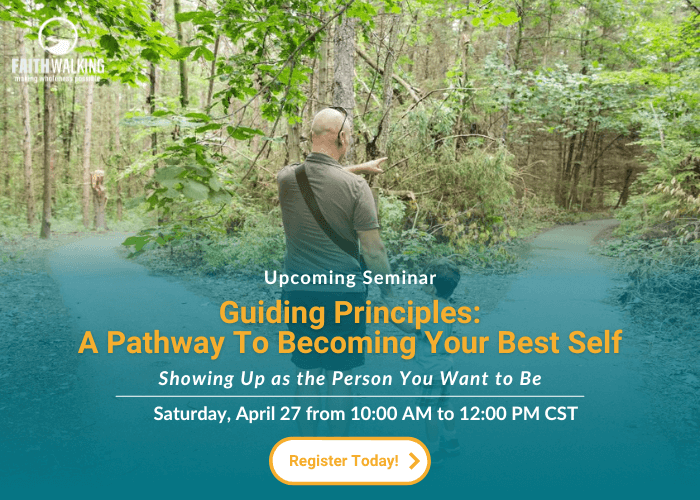From the beginning Marcos and Julie Leon were drawn to each other by a mutual desire to live missionally, and it was a shared burden for refugees that made their paths cross. Marcos was living in an apartment complex that housed many Iraqi refugees, and Julie, having just returned from a three-year stint in Indonesia, was looking to get involved in ministry to refugees. At that time, Marcos was going through Faithwalking as a leader with Mission Houston, so the topic of missional community naturally became part of their vision for life together.
After getting married in 2010, the Leons responded to what they felt was God’s calling and moved into a low-income apartment complex in Alief to pioneer an after-school program called COMET. This was an opportunity and a platform to live missionally. In this setting, Marcos and Julie felt like they were doing just that, but soon came to realize they were doing it without the proper tools.
They spent one year building community and waiting on God to reveal His plan for their missional community, but nothing significant happened. The Leons struggled with periods of frustration and impatience. Their own struggles with fear of failure made the waiting that much more difficult. Julie shares, “God was at work creating something, but we didn’t know it. We gave our word to something, but it was God’s timing and God’s way.” God’s way included showing Marcos and Julie their own shortcomings and limited ways of thinking about community.
For example, they have had to learn to trust God’s leading among the individuals God brought to their missional community, especially in light of their diverse and sometimes divergent backgrounds and perspectives: they are Anglo, Hispanic, and African-American, all attending different congregations. One member made the decision to start a food bank. The Leons felt it was a rash decision and initially questioned the idea, but they decided to back down and support the food bank, first through providing Spanish translation and later through leading prayer. The neighbors loved it! Julie admits, “God moved in a way we did not expect. We had to let go of our own control and humble ourselves.”
Another unexpected movement of grace comes through a friendship with their neighbor Cinee. Cinee is a single mother of eight with a painful past and a precarious future. Rather than focusing on ways to fix Cinee and her situation, Julie and Marcos have been learning to accept her where she is and to simply walk alongside her as she faces a number of challenges. In the past Julie struggled with a sense of needing to be extraordinary as she sought to minister the gospel to others. Through friends like Cinee, she is learning to shine God’s light and to love her neighbors in simple ways. In the apartment complex there are a myriad of “ordinary” ways to reach out and extend mercy to neighbors, whether through opening her home to others’ children or just being hospitable. Yet her simple acts of obedience have left an extraordinary impression. Cinee recently told Julie how much she admired the type of healthy marriage she had with Marcos, and how Julie’s Christian witness has helped her walk away from a life of compromise and toward a life of integrity. “Until I met you,” Cinee said, “I’ve never thought about changing the world. You’ve made me think about how I can impact the world.” Transformation is being passed down to Cinee through simple but powerful acts of love.
Faithwalking has provided the tools the Leons need to persevere in their missional community, tools like learning to talk about anxiety, process vows, and foster authenticity. For Marcos, negative vows had taught him to distance from others and carefully consider and avoid risk. This robbed him from intimacy and genuine relationships. “Judgment and condemnation were an unwelcome part of my internal dialogue and my view of the world and myself. Faithwalking helped me change this by encouraging me to replace an approach of performance with an attitude of learning. And not only learning alone but an attitude to learn with others, in a community where we all are learning and where judgment and condemnation are intentionally put aside.” Of their missional community Marcos adds, “We probably have different views on things regarding doctrine and theology. It’s challenging but we have a common desire to bless and love our community. We are being transformed in many ways, some joyful and some painful. We are learning to surrender to God’s initiating instead of us creating a program. We are learning to pray, to persevere, to believe, and to have faith. We are learning to give ourselves grace and accept each other as we are, to judge less and love more.”


